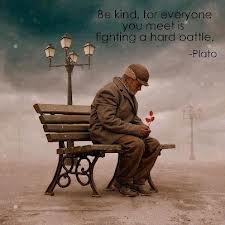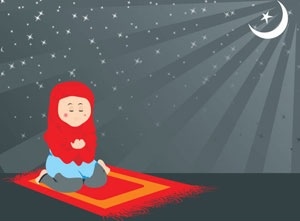I didn’t really know much about the slave trade until my mid twenties. All I vaguely remember being taught at school was the basic concept, with the emphasis being on its abolition.
I had an idea, as I imagine anyone does, that it was cruel, unjust and racist. But that was about it.
It was not until I met my husband that I had a desire to learn more.
He had mentioned the tv series “Roots” to me, as most Gambians tend to see it as a kind of worldwide recognition of their homeland – Kunta Kinte being from the tiny west African country where the story began. It’s kind of a regrettable “claim to fame” for want of a better phrase.
Still not being all that aware of the slave trade, I did however have an imagination, which to this day is what keeps me from watching the DVD box set I later purchased for my husband.
I have a very strong and almost physically sickening reaction to any depiction of sexual violence on tv (I don’t know if it’s normal, but I’m guessing it’s an extreme reaction due to my bewilderment at it being included in films at all.)
Anyway, I digress.
I bought Roots (the book) and read it with a mixture of curiosity, disbelief and horror. Learning the details of the ordeals of slaves in such a vivid and descriptive narrative both scarred and intrigued me.
At the time, I think it scarred me more, as although I wanted to keep learning, it was only recently – years later, that I’ve started to read on the subject again.
The first book I read since Roots is the autobiography “Narrative of the life of Frederick Douglass”.
Unlike Alex Haley’s acclaimed work, this was actually written by a former slave himself. It refers to his life from being born into slavery to his eventual escape to become a free man.
Not surprisingly, I was in tears before finishing the first chapter.
The book detailed the author’s view of slavery through the eyes of a child. I think it was these descriptions of the lives of the children and the policy of separating them from their mothers which moved me most about this story.
Although the subject matter is heavy, I enjoyed how well written it was. Being more or less self taught to read and write in secret as a young boy, he writes with such emotion and eloquent description.
Also, considering it was written in the early 1840’s I was expecting it to be in a style more difficult to read (I’m not sure what lead to this assumption exactly). However I found the flow of his writing so accessible that it could have been written yesterday.
It’s not surprising to learn that he later went on to be a well known speaker and abolition activist.
I’m currently reading another of his books “My bondage and my freedom”.
As well as covering the period written about in the last biography, it will also go further into his life after slavery.
His renowned activism which will apparently lead to him being the first black man to be invited to the white house.
(I’ll maybe update this blog, or write a part two once I’ve finished reading it inshallah.)
While I’m on the topic of slavery, my next reads will be the autobiographies of Booker T Washington and Harriet Ann Jacobs. I doubt there are many better ways to learn about a subject than by first hand narratives.
Thanks to a recent discovery (or rather the end of a resistance towards) e-books, I have a growing library at my fingertips!
As I doubt my skills in the book review field, I have included some links at the end of this post.
Most reviews I read are almost identical to how I feel about the books so far – so I thought them worth sharing for emphasis sake.
I hope this blog will encourage people to check out these amazing books inshallah!
Links:
Narrative of the life of Frederick Douglass




